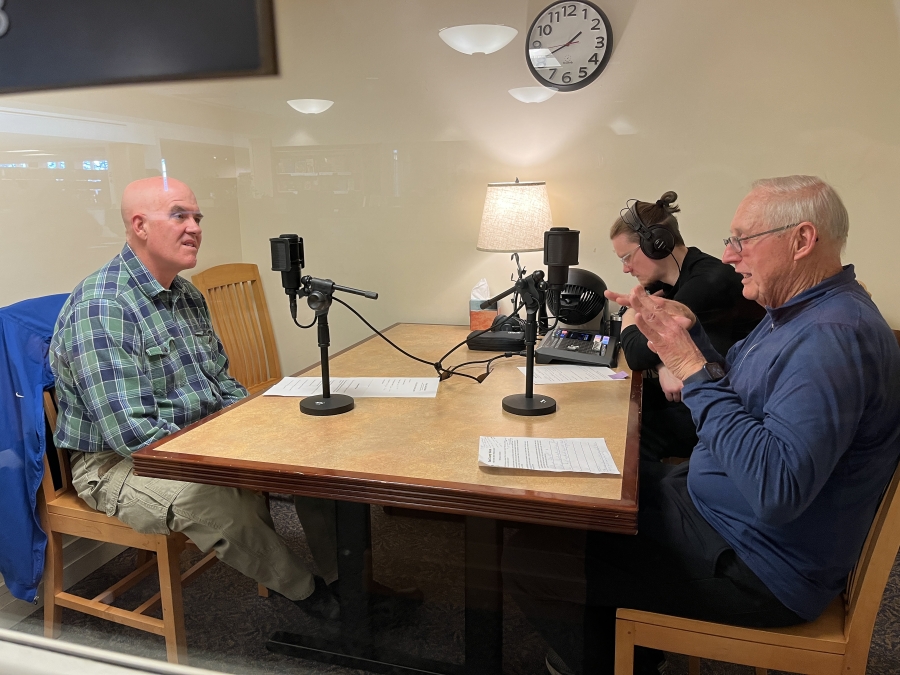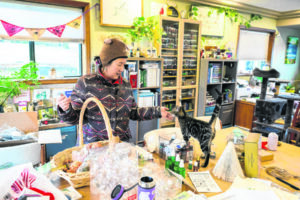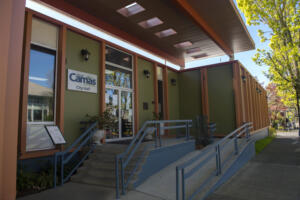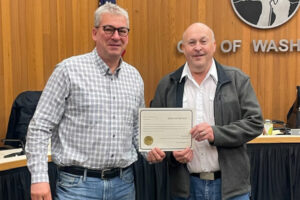The East County Citizens Alliance (ECCA) launched in 2021 as a grassroots effort to identify ways to make the cities of Camas and Washougal stronger, more supportive, more resilient and more joyful by bringing local residents of varying backgrounds together to solve problems and build relationships.
Since then, the nonprofit has followed through on its ambitions by launching several projects, including trash pickups and wildflower planting along Highway 14, a “community-school” tutoring program and a community created mural at Hamllik Park.
But ECCA Executive Director Melanie Wilson said she has kept her original goal at the forefront of her mind.
“When we started (ECCA) almost three years ago, we knew that we wanted to build community in a couple of different ways,” she said. “One was developing various volunteer projects that people could all agree were good things to do. The other way was helping people tell their stories.”
Earlier this year, ECCA launched its latest project, called East County Voices, to record and preserve conversations between pairs of local family members, friends or coworkers in an effort to strengthen bonds between community members and encourage mutual appreciation and respect.





